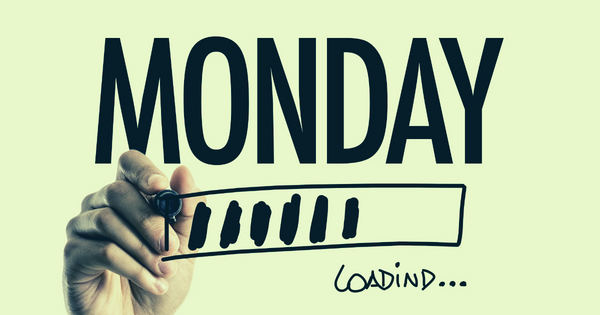Today marks day 156 since I started walking my dog for an hour every morning.
I feel awesome!
Why?
Because I created my anti-stress habit, I worry less, sleep better, and my productivity is higher than ever.
I want to help you make your anti-stress habit and feel awesome.
First thing’s first. What is stress, and how does it affect you?
Stress is emotional or physical tension that can have a positive, neutral, or negative impact on you. In its essence, stress is our response to different factors (stressors) – positive or negative.
Contrary to common belief, stress is not necessarily bad for you.
It can help you solve your challenges and grow. It can bring you excitement. This type of stress is often referred to as “eustress.” It’s a reaction to “positive” stressors – e.g., you just got promoted! Eustress is considered a motivator and a short-term condition we can easily cope with.
When we say stress and mean a negative impact, we refer to the so-called “distress.” It’s a condition related to worry, anxiety, and sorrow. It results from “negative” stressors: e.g., you just realized you lack the proper training to do your job. It’s considered a long-term condition we often need help to cope with.
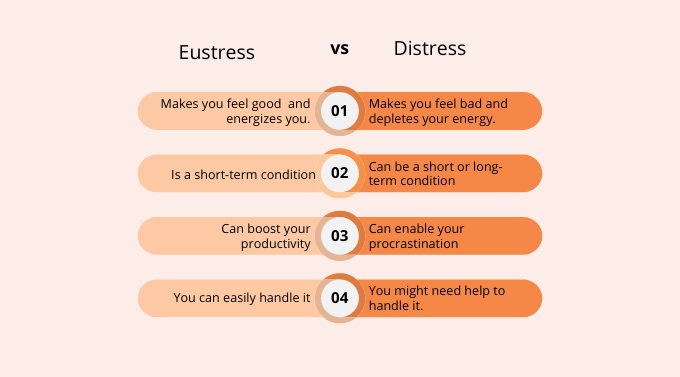
Ok, but what can you do about it?
It should be an easy formula. The famous: “I don’t need this negativity in my life” should do.
Sadly, it does not work like that.
Can you control your exposure to negative stressors?
You can avoid exposure to negative stressors to an extent.
For example, you can limit the news you watch. You can change your desk, away from that annoying colleague. You can change jobs. You can break up with your toxic partner.
The list goes on, but I don’t recommend you use avoidance of negative stressors as your only strategy to be well.
We worry and have distress in our life because of, as James Clear puts it, constant uncertainty.
You cannot fully control your exposure to negative stressors.
First, it’s tough to predict when and where you will encounter a negative stressor.
Second, you are stressed more often because you don’t know what will happen, not because of what already happened to you.
Then, what can you do?
Control your responses to stressors and build resilience.
Focus on your responses. You can’t always avoid stress.
Instead of focusing on removing negative stressors from your life, focus on your response to them.
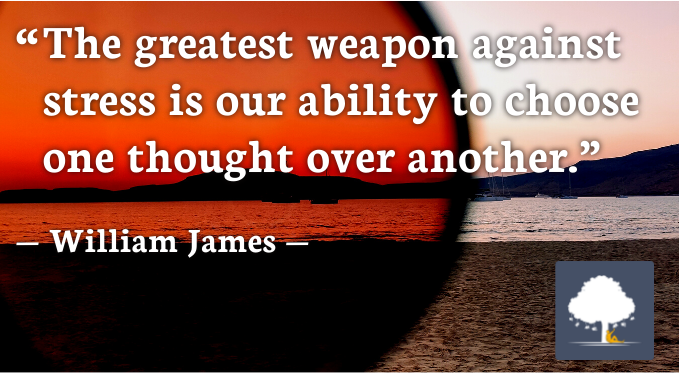
Your response is something you can fully control.
Did you know how many negative stressors result from your habits?
The top three reasons for negative stress at work are:
- A tendency to overschedule
- Lack of assertiveness (inability to say “no”)
- Procrastinating
So, you can learn to manage your schedule better. You can learn to say “no.” You can fight your procrastination and find motivation with good habits.
You also need routines that help you build resilience against damaging stressors long-term.
Ok, but how to create them?
Let’s first understand what makes them so good.
What makes an excellent anti-stress habit?
Once I talked with a famous professor.
He had immense experience in senior management roles and top athletes’ stress management.
I asked him why I stopped thinking about solving problems at work, long-after proper working hours, only when I swim after work. He answered: “Because your brain is focused on preventing you from drowning. Everything else is a second priority. This is why you’re able to reset.”
I experimented quite a lot with activities that helped me reset and prevented me from thinking 24×7 about work.
My first anti-stress habit ended up being walking the dog for an hour every day. It works.
It took me some time to analyze why it works so well. I had to read a bunch of stuff, talk to people and reflect after one costly leadership training focused on showing me who I am under stress. I am going to share with you what I learned.
In a nutshell, an excellent anti-stress habit targets the lurking potential negativity in your life.
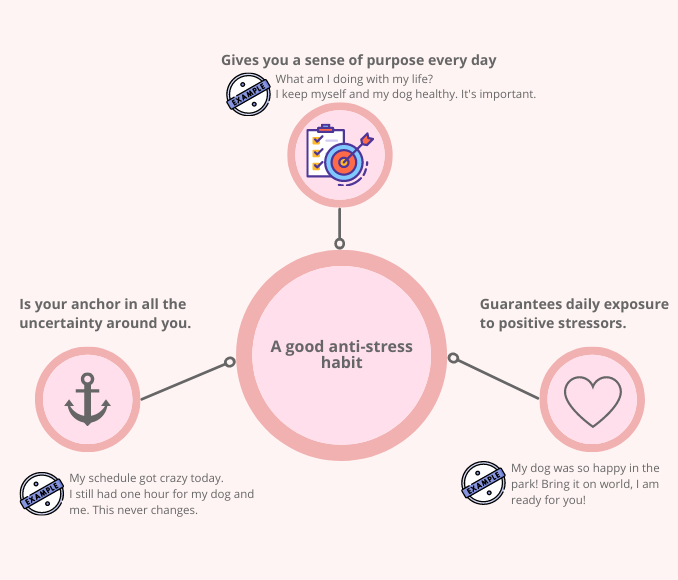
But how to create one?
So, how to create your anti-stress habit?
Let’s split this into small steps:
It’s not as simple as it looks, so let’s dive deeper.
Step 1: Find something you love doing. The things you love consuming don’t count.
Exercise. Learn a new skill. Solve a difficult puzzle or play a complex game. Read a book. Cook. Go for a walk. Clean your desk. Keep a journal. Create. Be active!
Eating, smoking, drinking, watching TV, or movies do not count. Social media is out of the question. Don’t be passive!
Step 2: Plan a certain amount of time for the daily activity you love doing. Communicate it.
There it is – you just created your anchor for the uncertainty around you.
You know that whatever happens, you will train, read, create, learn, or <insert your favorite activity here> for an hour every day.
If an hour seems too long, try half an hour or even 5 mins per day for a start.
Tell it to people. Block time for it in your calendar. It will help others respect this period of time. It will make it easy for you to keep it.
Step 3: Map the thing you love doing to one of your goals. It’s important to have goals.
You exercise to live longer. You learn to advance in your career or to enjoy applying your skill. You play complex games to … I don’t know – to train your decision-making or reflexes?
You do whatever you love doing for a reason. Find that reason and think about it when practicing your anti-stress habit.
Step 4: Focus on the positive stressors during your anti-stress activity
To build a habit, you need to do your anti-stress activity every day. List the pleasant and positive aspects of the action you chose. You will increase your chances of anticipating it and being consistent at first.
Congratulations – you created your first anti-stress habit! Now the only step left is to start today.
Track your anti-stress habit. Start practicing it today.
To build any habit, you need to keep your focus on it. You need to be consistent with it. One easy way to do this is to track your new healthy routine. Tracking your anti-stress habit will give you one more small accomplishment in your day.
So what are you waiting for?
Create a plan. Commit that you will do your anti-stress activity for 30 days in a row. Track your commitment.
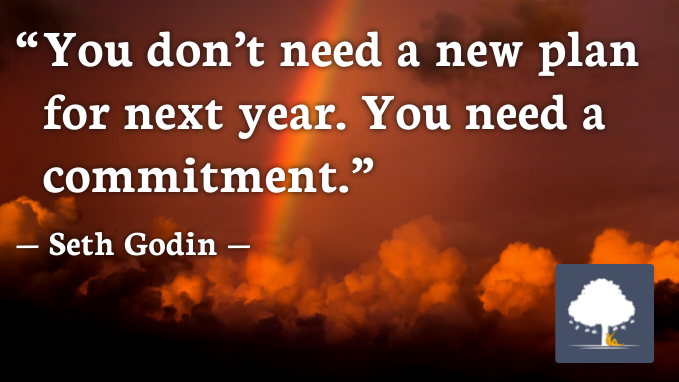
When it comes to habit tracking, I am biased. I work in an industry where any technology that saves precious seconds is worshipped. So, I use my Apple watch. That is how I know today is Day 156 since I started. You can also check some habit trackers here.
Frankly, a paper calendar and a pen will do just fine. Use whatever; just make sure you track your daily achievement. At the end of the 30 days, plan another 30. In 3-4 months, congratulate yourself! You developed a mighty weapon against the stress in your life. Keep going!
One last thing.
Don’t wait for the following Monday, New Year, or your birthday. Don’t postpone – start your anti-stress activity today.
Trust me. There is no better day than today to start taking care of yourself.
In conclusion
The world is more dynamic and uncertain than ever. This means you need to take care of yourself so you can take care also of everyone around you.
Distress is lurking around you. Maybe you don’t feel it now, but you will feel some eventually. Build resilience against it.
Create your anti-stress habit and practice it. Be well, live longer and enjoy your epic life.
Stay healthy,
Diana





